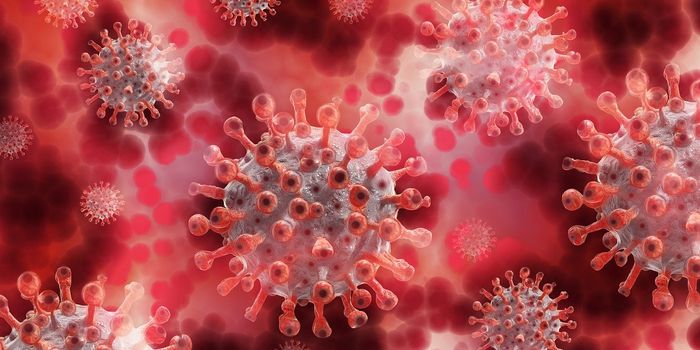
Is a 'Tridemic' on the Way This Winter?
Cases of RSV (respiratory syncytial virus), are surging among children in the United States. RSV is a common respiratory illness and it normally causes mild, cold-like symptoms including runny nose, cough and fever in kids. Anyone can get RSV, but the illness tends to cause problems only for people who are younger than 5, older than 65, or immunocompromised. RSV causes the death of about 500 American kids under age 5 every year, and almost 60,000 hospitalizations in that age group. It kills about 14,000 people over age 65 and causes about 175,000 to be hospitalized in the US annually.

There was a decline in RSV cases during the pandemic, however. Now, they are coming back in force. Some states have seen a surge in RSV cases that is coming earlier in the year than average. Last week, there were over 7,000 confirmed cases of RSV, according to the Centers for Disease Control and Prevention (CDC),more than expected.
There are several RSV vaccine candidates that are in testing right now, but none are currently available. If parents are caring for children who are sick with RSV, doctors note the importance of hydration.
"Dehydration is one of the reasons that they end up going to the hospital often, so any way you can, get fluids into your child," said Dr. Katie Lockwood, chair of pediatrics with the Children's Hospital of Philadelphia, who added that even sugary drinks that are not typically recommended can be useful to make sure sick kids get the fluids they need. Use "any way that you can get them to take little sips of fluid," said Lockwood. Steamy baths and showers are also advised.
There are also reports of early surges of influenza cases in the United States.
All of this is coming at a time when experts are warning that the COVID-19 pandemic is ongoing, and highly infectious variants continue to circulate around the world.
While vaccinations for influenza and COVID-19 are available, masking is another preventive measure that some experts have said is not being encouraged enough. Handwashing can help cut down on the risk of flu and RSV, but masks are a better way to prevent COVID-19.
Some clinicians and epidemiologists are concerned that this winter, hospitals may be dealing with a so-called tridemic posed by these three contagious, and potentially serious diseases (RSV, influenza, and COVID-19).
However, it is also possible that after several waves of COVID-19 infections, and a multitude of vaccine shots, there will not be a major surge of new COVID-19 infections, even if very infectious variants continue to circulate in the United States. Evidence has shown that vaccines have been able to reduce the rate of hospitalizations and significantly prevent death from COVID-19, even while the uptake of bivalent booster shots has been spotty.
There have been recent, small increases in the rates of COVID-19 infection in some states, however. Immunity may also be waning, as the pandemic nears its third year.
Omicron has spawned an astonishing number of new COVID-19 variants, which have recombined i nsome cases to create even more subvariants, which include BQ.1.1, BA.2.75.2 and BA.2.3.20, which has been identified in Singapore, Denmark, and Australia. These variants are good at evading immunity; they carry multiple differences in their spike protein, and can get around antibody defenses established by vaccines and previous infections.
Some experts have suggested that infection waves this winter could be as large as any we have seen before. What is less clear is how that will affect hospitals, which are straining after years of being overloaded, and are now dealing with backlogs. Prevention will still be a good tool that people should be using.








